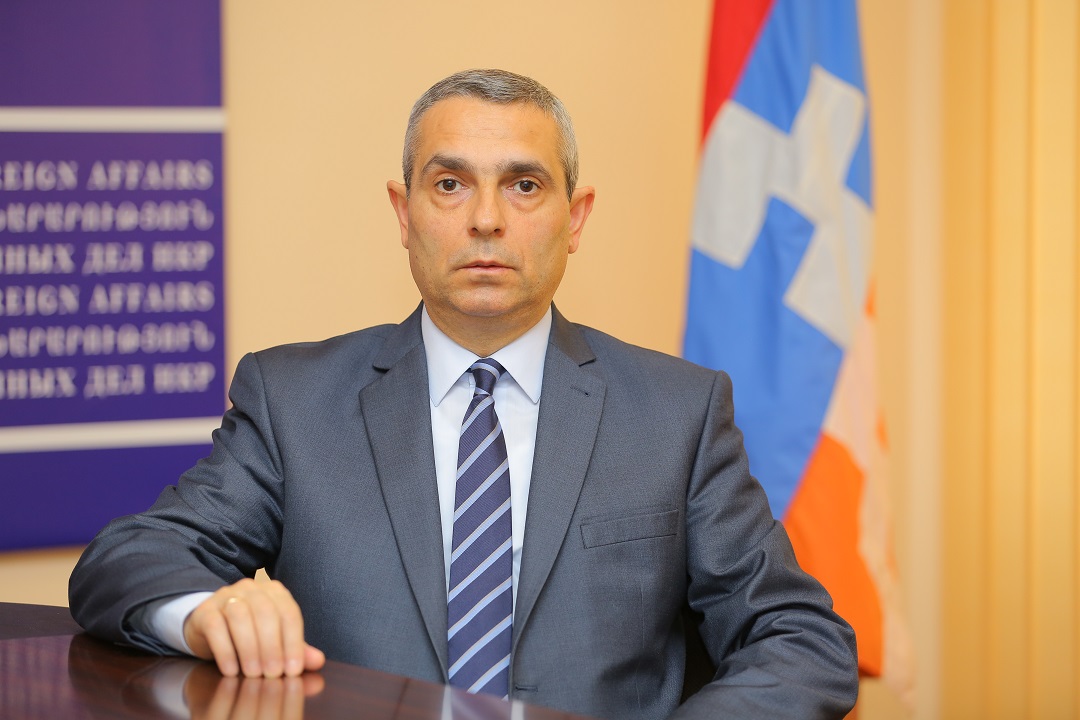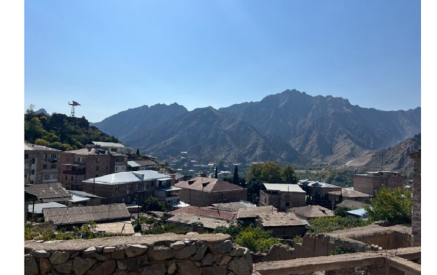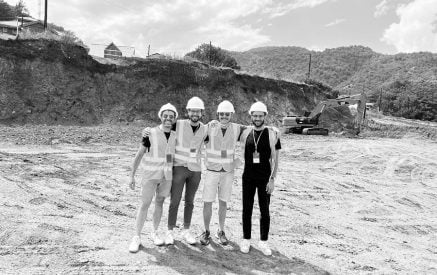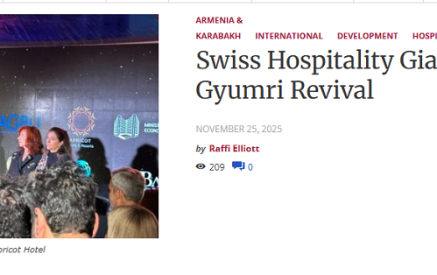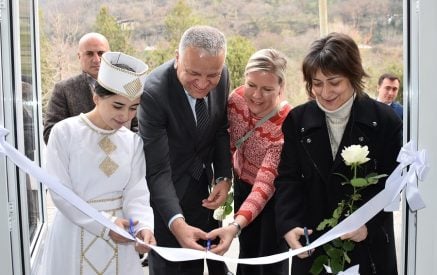On February 19, the annual press conference of Minister of Foreign Affairs of the Republic of Artsakh Masis Mayilian took place. Masis Mayilian briefed on the activities carried out by the Foreign Ministry during 2017.
Question: In late December, the Special Representative of the OSCE Chairperson-in-Office for the South Caucasus, Günther Bächler, made some noteworthy statements in an interview placed at the OSCE official website. In particular, he noted that for the conflict between Azerbaijan and Karabakh they have some principles about final status on the table, but no real negotiation architecture. In this regard, he stressed that the 2014 OSCE Swiss Chairmanship had developed a non-paper on a structured negotiation process with all elements and details of a full-fledged negotiation process. What is the position of Artsakh on this issue?
Answer: First of all, I would like to clarify the terminology. Full-fledged negotiations provide for the involvement of three parties – Artsakh, Azerbaijan, and Armenia, which signed the cease-fire agreement in May 1994. It is this format that is enshrined in the final document of the CSCE / OSCE Budapest Summit. Accordingly, we believe that efforts should be exerted to resume the trilateral Artsakh-Azerbaijan-Armenia negotiations, and not to create a new negotiation architecture.
It should also be noted that the lack of full-format negotiations is a derivative of Azerbaijani leadership’s lack of political will to achieve a final settlement of the conflict. By impeding the resumption of the full-format negotiations with the direct and full-fledged participation of Artsakh, refusing to implement the peacemaking initiatives to strengthen the ceasefire, and pursuing a consistent policy of escalating the conflict, Azerbaijan deliberately protracts the establishment of lasting peace in the region.
In this regard, it is worth recalling that the full-format negotiations were undermined in due time as a result of similar manipulations by the Azerbaijani party, which, at the peak of the development of the Great Political Agreement, insisted on the elaboration of settlement principles as a basis for continuing the negotiations. Now Azerbaijan proposes to abandon the discussion of the principles of the conflict settlement, which it initiated, and to start some kind of structured negotiations. Such inconsistency of the Azerbaijani authorities raises no doubts that this initiative, like the previous ones, is just a trick, resulting from their unwillingness to recognize the right to self-determination realized by the people of Artsakh as a basis for achieving a final settlement of the conflict between Azerbaijan and Karabakh.




















































